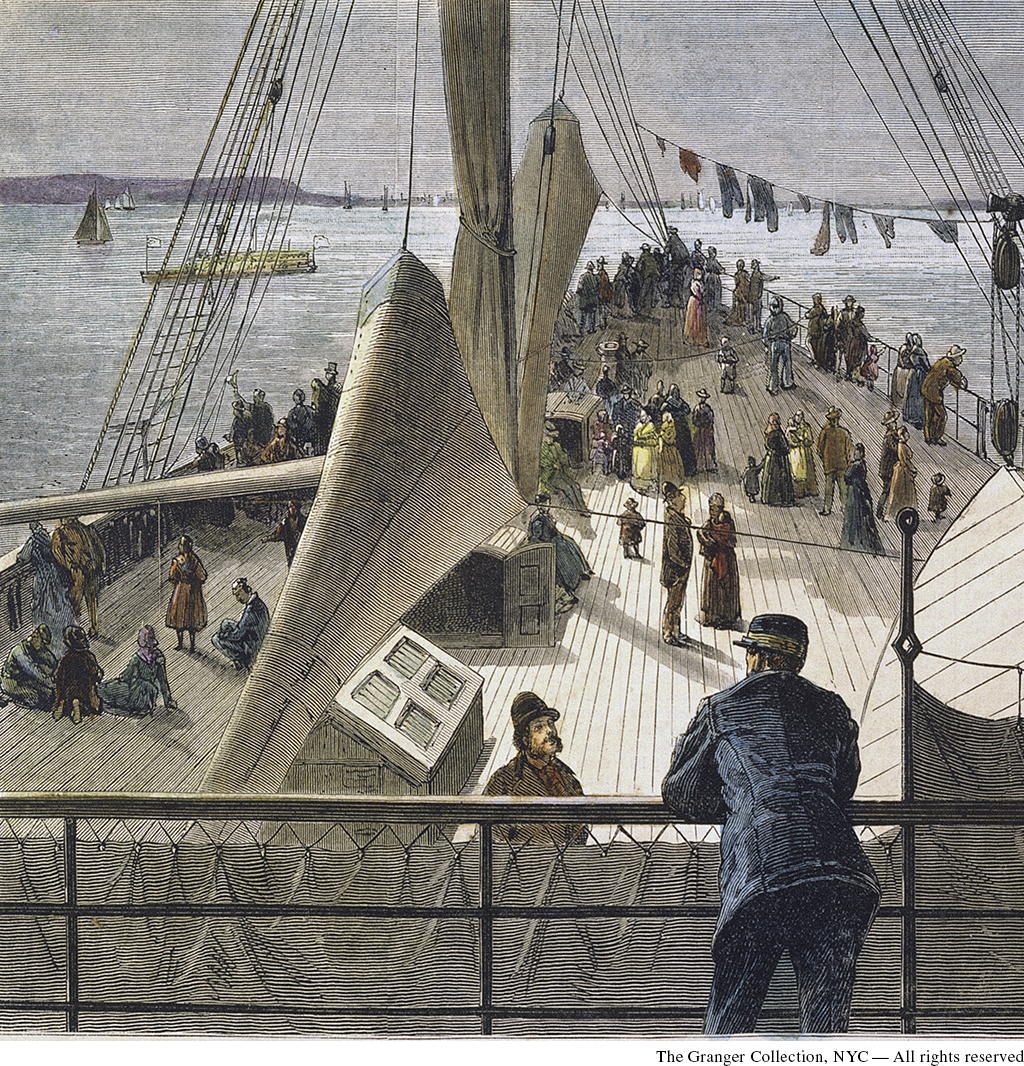Introduction for Chapter 23

IN THE MID-1880S, Frieda von Bülow, a young German woman of aristocratic birth, joined several activist groups interested in promoting German colonial expansion in Africa. Like other women in these pro-imperial organizations, von Bülow was eager to help German settlers—and even some Africans—in East Africa, which Germany was in the process of colonizing. She also met adventurous men such as Carl Peters, a fanatical nationalist and leading figure in imperialist circles. As Europeans competed to take over the African continent, von Bülow and Peters headed for Zanzibar and other distant cities not only to conquer them but also to carry on a passionate romance. Once in Africa, von Bülow basked in the freedom from her society’s restrictions on women and in German superiority over local African peoples. For his part, Peters followed his usual pattern of tricking Africans into giving up their lands and using guns, rape, and other violence to get his way. Peters seduced one African woman and then had her executed because of her relationship with another man. Though Peters’s womanizing caused von Bülow to break up with him, she maintained both her racism and her German nationalism, learning to shoot a gun on behalf of colonial conquest, writing popular novels about empire and white superiority, and setting up a plantation in Southeast Africa.
Von Bülow and Peters were just two of the tens of thousands of Europeans pursuing imperial adventure as the search for lands to colonize reached a feverish pitch after the 1870s. Those involved in imperialism had a variety of motives and, like Peters, were often swaggering and violent. The rapid expansion of Western takeovers was called the “new imperialism” because the race for empire now aimed at political rather than mere economic power.
Europeans had been acquiring global territory since the late fifteenth century; the new imperialism intensified this process. In their rush for empire, Europeans like Frieda von Bülow and Carl Peters worked to control whole societies instead of dominating coastal trade until, by the beginning of the twentieth century, Western nations claimed jurisdiction over vast stretches of the world’s surface. Beyond political control, Europeans tried to stamp other continents with European-style place names, architecture, clothing, languages, and domestic customs. They used culture to secure their empires just as they used it to forge the nation-state.
Millions of people traveled vast distances in the nineteenth century—a time of greatly increased mobility and migration, much of which was made possible by an expansion of industry and colonization. Some migrated temporarily to serve in colonial governments or to find business opportunities. Others relocated permanently within Europe or outside it. Such migration uprooted tens of millions of people, disrupted social and family networks, and often inflicted terrible violence on native peoples dislocated by European migrants’ greed, ambition, or desperation.
CHAPTER FOCUS How did imperial conquest and industrial advances affect Western society, culture, and politics in the late nineteenth century?
The decades from 1870 to 1890 were also an era of expanding industry in the West. Empire and industry fed on each other as raw materials from conquered areas supplied Western factories and as innovations in weaponry, transportation, medicine, and communication allowed imperialism to thrive. Industrialization spread from Britain to central and eastern Europe and brought a continuous new supply of products to the market. A growing appetite for these products, many of them for household consumption, changed the fabric of everyday life and built pride in a nation’s conquests. Urban workers began demanding greater participation in the political process. Proud Europeans brimmed with confidence and hope, while the grimmer aspects of empire and industrialization played themselves out in distant colonies, urban slums, and declining rural areas of Europe.